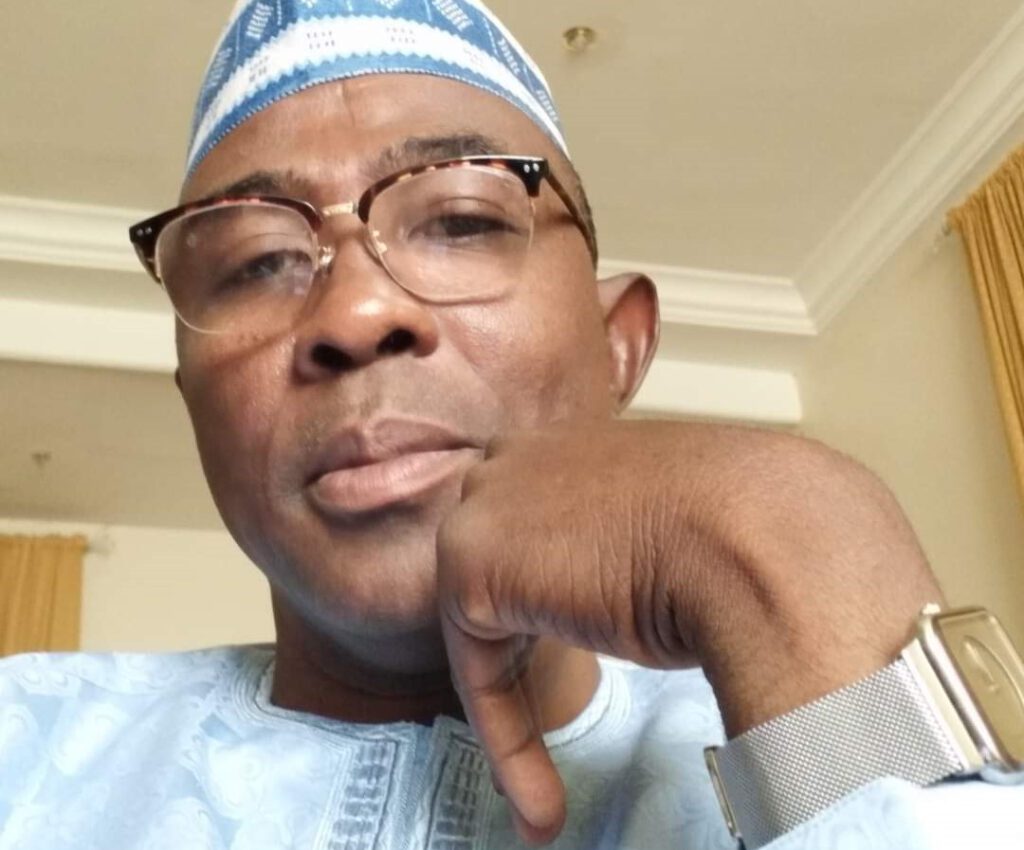By Abu Shekara
Our beloved prophet, Muhammad (SAW) was a merchant, two of his most prominent deciples and successors, Abubakar and Umar (AS) were business tycoons. The “sahaba” were not hangers on or a beggars on the street.
In fact, in praise of Abubakar’s prosperity, the Prophet said, he’d not known wealth so beneficial to Islam as that of Abubakar. For, at no time was he approached, that he held back from the cause of public good.
As for Umar, it is said that he’d still attend to his business in the market, even when he was Caliph. A narration has it that when at a certain time, Umar was approached for seeming to pay attention to his trade, in the midst of his public duties, he explained that he had to augument his earnings, as his wages were not sufficient to cater for the needs of his family.
Sultan Muhammadu Bello occasionally left the palace for the leather works in Sokoto to partake in production, as a mark of respect for vocation and dignity of labour.
Makkah and Madinah were among the world’s trade and commercial capitals and a destination for both merchantile and religious pilgrimage before and after the advent of Islam. Sokoto, the Seat of the Caliphate was envisioned by its founders as an occupational city and planned to function as an industrial center. There’s not, through all of history, one Muslim city or state that existed to symbolize poverty or dependence.
Penury is not an Islamic virtue and it’s not the teaching of any doctrine of Islam. A Muslim is enterprising without being usurious, can be affluent without being oustentatious, wealthy but not vain. Wealth can be amassed without limit to cater for self and dependants and for service to the faith and humanity.
It is the private wealth of individuals that constitute the endowment of the state and if resources are critical to the survival and advancement of a society, then no entity or community can subsist by the name, if a majority of its members are of little or no means.
Resources are crucial for peace, order and soverienty. Poverty breeds lawlessness, chaos and dependence on other societies. These in turn cause incapacity for ideological protection and territorial self defence. It is therefore, not the object of visionaries and leaders of Islam, from the revered Prophet to all the founders of states and reformers that Muslim societies or their individual members would be materially deprived.
Being poor is neither a pillar of Islam or an article of faith. Modesty and endurance are marks of submission to Divine will. But teaching that enjoins the believer to embrace scarcity as a measure of faith is pure misguidance and subversive to Islam.

In the current world order, in which economic might is right, sermons that induce in Muslims, apathy for wealth creation are a great disservice to the faith. Presidence should instead be given to preaching that inspires Muslims towards productivity and enterprise.
That Muslims in many parts of the world today find themselves on the lower socioeconomic strata of the society, is principally due to the genre of teaching that they are being exposed to. Sermons mainly urge the faithful to reject wealth, cultivating in them a complacent attitude to enterprise, while seeking to assert their entitlement to share in the wealth of others in the form of charity.
While the community is trapped in the circle of poverty, exclusion and domination, a majority of Muslim preachers are preoccupied with issues that are mainly self defeatist and self destructive. On the front burner of their discourse are intersect rivalries and reprovals that make Islam seem prohibitive even to fellow Muslims.
Today therefore, we’re witnessing what can best be described as an irony. Islam is the fastest growing religion in Europe and America, the so-called “land of the heathen” creating a good model that’s expanding the Muslim community every day. But the faithful in Nigeria, especially in the predominantly Muslim North, are more than ever divided by sect or along other primodial lines.
What are the Muslims in the West doing that we’re not doing? The answer is simple. The most effective crusade for any ideology or faith is the way of life of its adherents. A dejected looking, unproductive believer, who’s not at peace with fellow faithfuls is certainly not a model that attracts nonbelievers to the cause. And this is what obtains up here.
Allah (SWT) says He will sustain His religion, even if we fail to do so and He is doing that in the most unexpected and unlikely places.
• Shekara, a senior journalist, wrote from Sokoto.